How many single-use items (water bottles, paper napkins, etc.) do you and your family go through in a year? In a month? In a day? You'd likely be surprised. The world produces 300 million tons of plastic each year, and half of that is single-use items. That's almost the same as what the whole human population weighs. It's projected that by 2021, we'll be producing over 4 billion (with a "b") tons of total waste annually. Much of our waste ends up in our environment, adversely affecting wildlife and the ecosystem while taking thousands and thousands of years to break down. But we can all take steps to minimize the amount of waste we create as a whole.
Part of reducing our eco-footprint involves cutting down as much as possible on using single-use, throwaway items, and replacing them with items that can be used more than once in order to reduce waste as much as possible.
Plastic Straws
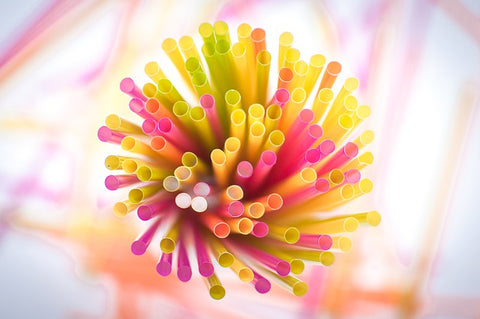
Saying "no" to single-use plastic straws is a good place to start. Plastic straws cause an enormous litter problem for our beaches and parks, and they can be deadly for marine wildlife (especially turtles). Try packing your own stainless steel or paper straw if you insist on using a straw to sip your beverages.
Disposable Coffee Cups
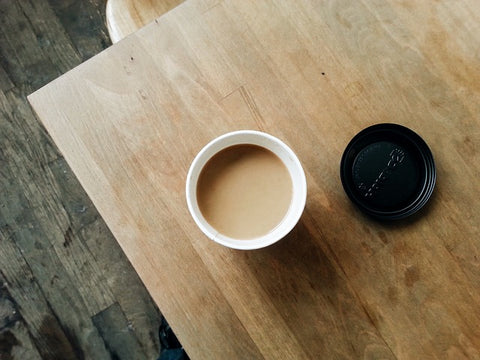
Think of the billions of single-use paper coffee cups that we use and throw away each year, most of which are not recyclable. This might inspire you to consider bringing your own reusable cup or another container for your morning coffee. Plus you won't have to ever mess again with one of those annoying cardboard sleeves!
Plastic water bottles
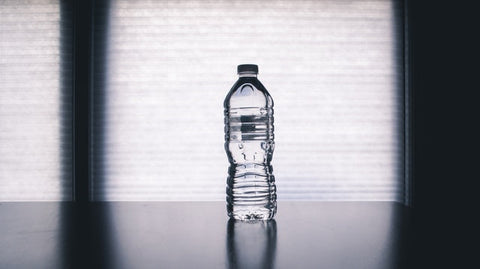
There is literally nothing good coming from our continuing to use plastic water bottles: consider the resources and chemicals that go into making the bottle to begin with, plus the waste. You could buy and carry with you your own stylish reusable water bottle, and help reduce our carbon footprint.
Plastic bags
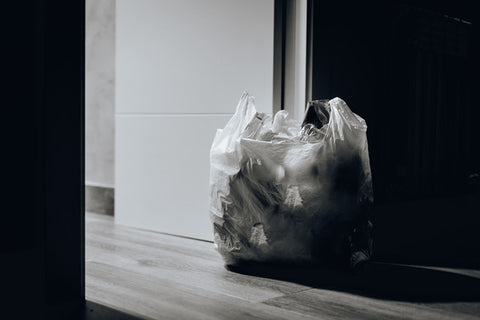
Plastic bags thrown out pose a significant threat to our environment and particularly to marine wildlife. Countries like France and Italy have banned lightweight plastic bags, as has California, and some provinces in Australia. In Great Britain, five pound (₤5) fees on plastic bags have caused their use to decline by 85 percent. Get into the habit of taking a reusable, washable grocery bag or tote bag next time you shop for groceries or other items, and bid farewell to unseemly plastic bags.
Paper Napkins
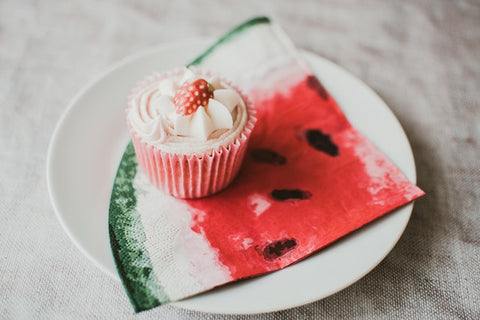
Some people may be hesitant to use a "nice" cloth napkin, but replacing paper napkins with washable, reusable cloth ones is a good, easy, green switch. You can easily find decent, inexpensive cloth napkins in a thrift store or on sale, or you can repurpose all kinds of fabric for use as napkins.
Paper Towels
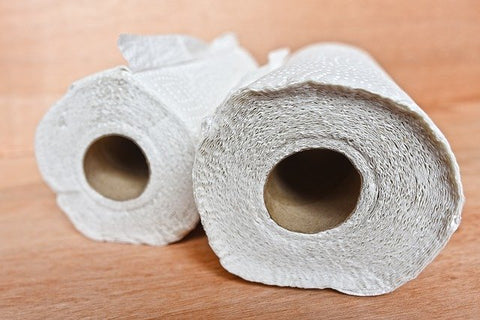
Like with paper napkins, keeping a dish rag on hand for spills, crumbs, etc. instead of using paper towels and then throwing them away is an easy switch. For cleaning and bigger spills, keep extra washable cloth rags on hand.
Tea Bags
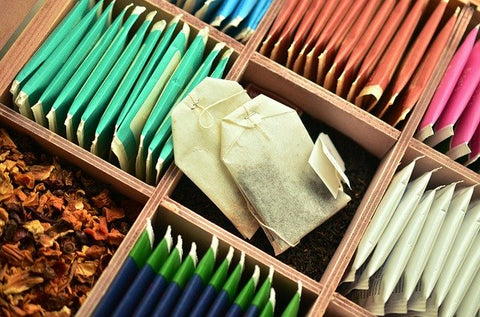
A lot of waste goes into the packaging of tea bags. Purchasing loose leaf tea in bulk instead of using tea bags to make your tea is another good, green way to help reduce waste. You can use reusable silicone or metal infusers to steep your favorite teas in the morning or evening. You can then use the leaves for your compost pile!
These are some good suggestions to start with, but rethinking your single-use practices can help you come up with creative ways to be more conscientious about the environment.
What are your hardest single-use items to give up? And how do you handle that? Leave us a comment below!



For scientifically-tested, effective pest control in your yard that is friendly to the environment, try Maggie’s Farm pest control products. Our promise is that our plant and mineral-based products are developed by scientists and seasoned pest control professionals to be the most effective.
